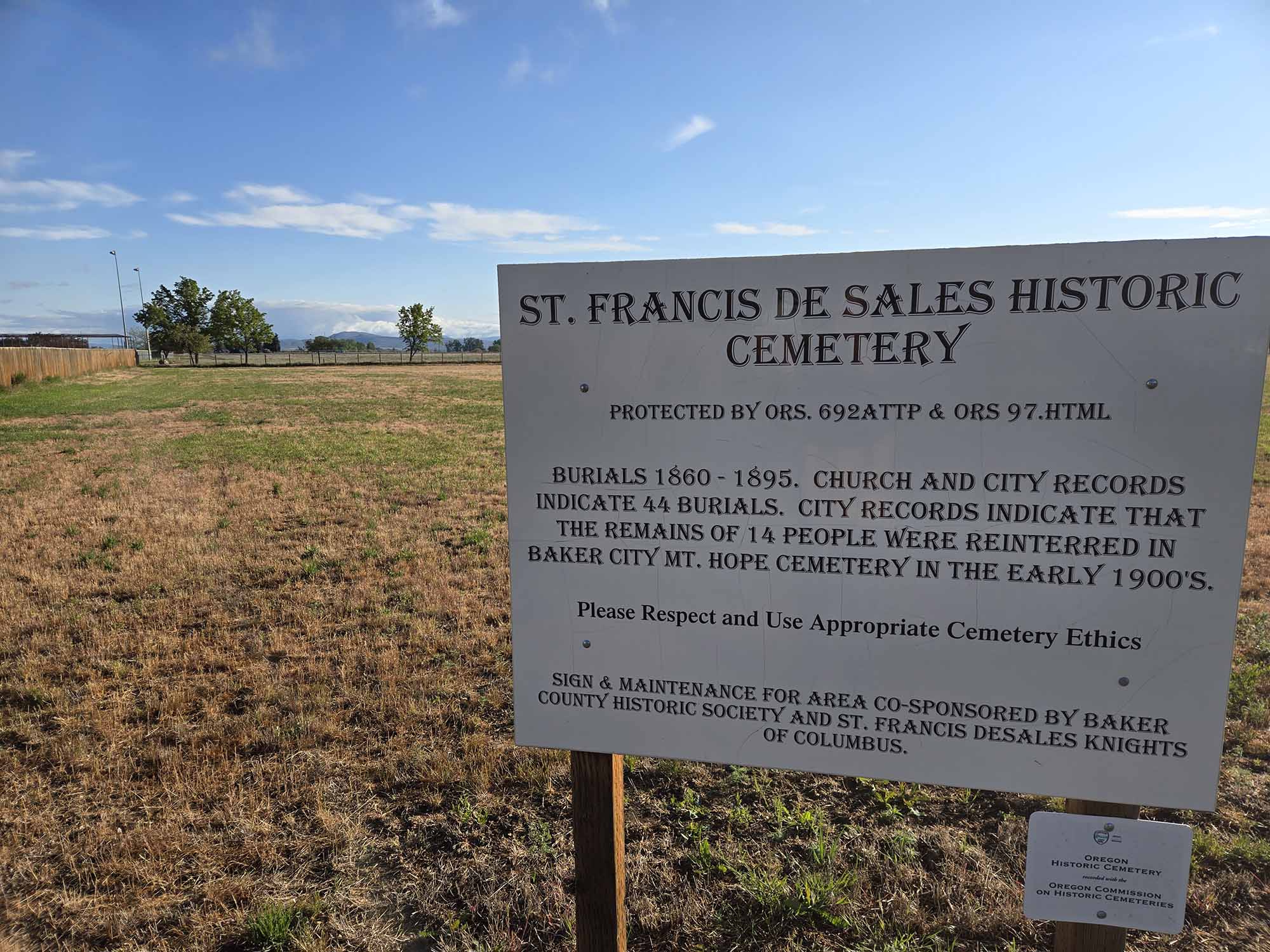Book offers a different perspective of the Holocaust
Published 1:15 pm Friday, May 11, 2018
I didn’t think I could read anything about World War II, and specifically about the Holocaust, that would surprise me.
Then I read “An Iron Wind: Europe Under Hitler” by Peter Fritzsche.
Fritzsche faces a daunting challenge, of course, in seeking a compelling way to write about a conflict that has been so thoroughly dissected by several generations of historians.
He is himself an historian, as well as a professor of history at the University of Illinois.
Nor is “An Iron Wind” Fritzsche’s first contribution to the written legacy of the war, and in particular Germany’s role. His bibliography includes “Life and Death in the Third Reich” and “Germans Into Nazis.”
Fritzsche’s concept in “An Iron Wind,” published in 2016, is to examine how civilians, both in Germany and in some of the countries the Third Reich conquered and occupied, thought about the momentous events happening around, and to, them.
This is hardly a unique premise, to be sure — again, when it comes to writing about the Second World War there are precious few angles that have not been plumbed, and deeply.
What distinguishes Fritzsche’s book is how heavily he relies on diaries and other contemporary records to guide his narrative.
But his focus is much narrower still. He isn’t interested so much in how the war affected the diarists in a material way, such as dealing with food rationing or bombing raids. Rather, Fritzsche aims to examine, with sometimes excruciating detail, how people reacted to Germany’s attempt to systematically, and efficiently, annihilate Europe’s Jews.
They weren’t the Nazis’ only victims, of course. And Fritzsche writes at length about many of the Third Reich’s other victims, including the upper echelons of Polish society.
Yet it is the Holocaust, and the attitudes toward it from people in occupied France and Poland and in Germany itself — some of them Jewish — that is the centerpiece of “An Iron Wind.”
Even a reader with a thin knowledge of the war — and I’m certainly a member of that group — has at some point pondered the apparent passivity that many ordinary people displayed even as the truly monstrous aspects of Hitler’s regime clarified from rumor to horrific reality.
It boggles the modern mind to imagine watching tens of thousands of people, many of them women and children, herded onto railcars as though they were cattle or sheep being sent to a slaughterhouse.
Which, in effect, they were.
This is part of Fritzsche’s book, to be sure — what he describes in his preface as “the broad collapse of structures of empathy and solidarity.”
But the stories that most captured my attention, the images that lingered the longest, have to do with the attitudes of Gentiles who, though their lives were also drastically altered by the German occupation, were not the focus of the Nazis’ awful obsession.
Fritzsche devotes a significant section of his book to Poland, which is logical considering that country had such a large Jewish population and was the first to be overrun by the German blitzkrieg.
He quotes the diaries of multiple Polish Gentiles who, though appalled by the wanton violence of the Nazis, were not especially sympathetic to the plight of their Jewish compatriots.
This was due in some measure to the natural inclination for people to assume the Germans were engaged in something less than the systematic extermination of millions of people, which is to say, something more conceivable to a rational person. Indeed, Fritzsche notes that many Poles — both Jewish and Gentile — believed that Jews rounded up from the hundreds of ghettos were being sent to forced labor camps rather than to their deaths in Auschwitz and Treblinka.
Even Jewish Councils dispensed advice to those being deported about what they should include in their knapsacks.
“We assumed that we would have to perform heavy labor under difficult circumstances,” one survivor wrote, having no apparent reason to think that “the aim of our journey was to be our physical destruction.”
Fritzsche also concludes that some Poles were ambivalent with regard to their Jewish neighbors’ fate because they had become so accustomed to violence and unpredictable death.
“As a result,” he writes, “among non-Jews, knowledge about the murder of the Jews generally did not translate into empathy commensurate with the concerted attack on the innocent, and among Jews faith in non-Jewish neighbors and commonsense assumptions about the Germans tended to blunt sharper insight into the unrelenting nature of the Nazis’ pursuit of final solutions.”
In this case, of course, there was nothing common about the Germans’ intentions, or actions.
I was also fascinated by Fritzsche’s depictions of how differently some non-Jewish Poles viewed their experiences as compared with what befell their Jewish countrymen.
Specifically, many Gentiles focused on the Poles’ uprisings against the Nazis, in Warsaw and other cities, describing these as patriotic attempts to defy the invader.
Some of these diarists contrasted this rebelliousness with what they saw as the Jews’ passive acceptance of their ultimate fate.
Yet Fritzsche points out that Jews in Poland had no real chance to fight back, as the most famous example, the uprising in the Warsaw ghetto in April and May 1943, illustrates.
“Non-Jewish Poles had the opportunity and occasion to fight the Germans, whereas the collective Germany assault on all Polish Jews left Jews almost completely powerless,” he writes. “Repeated references to Jews as sheep helped burnish the self-image of the Poles as noble eagles.”
Although Fritzsche always maintains the dispassion of the historian and never tries to defend the more egregious examples of callousness among Polish Gentiles, his overarching theme, it seems to me, is that the situation was so terrible and so unprecedented that its effects can’t be fairly compared with any other period, or place.
It is no revelation, certainly, that otherwise decent people under the Nazi boot acted in ways that seem to us all but unconscionable — aiding and abetting the perpetrators of the Holocaust being the most noxious example.
Fritzsche’s great contribution to the history of the war, I think, is in helping to explain, through the words of some of those people, how this came to be.
Jayson Jacoby is editor of the Baker City Herald.





